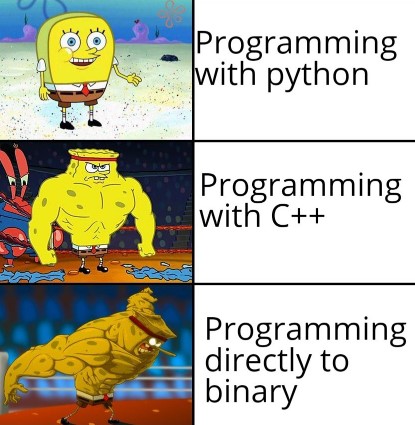(3 min read)
Optimizing DSP Algorithms for Efficient Plugin Performance
One of the biggest challenges in VST plugin development is balancing high-quality audio processing with efficient CPU usage. A well-optimized plugin ensures users get great sound without overloading their system. Let’s explore key strategies for writing efficient DSP algorithms.
1. Minimize Unnecessary Computation
Avoid redundant calculations within the processing loop. Precompute values when possible, and use lookup tables for complex mathematical functions like trigonometry or logarithms. This reduces CPU load without sacrificing quality.
2. Optimize Memory Usage
Efficient memory management is crucial, especially for delay-based effects like reverbs and echoes. Use circular buffers instead of dynamically allocating and freeing memory each cycle. This minimizes cache misses and enhances performance.
3. Use SIMD and Parallel Processing
Modern CPUs support SIMD (Single Instruction, Multiple Data) operations, allowing multiple calculations per clock cycle. Leveraging SIMD in DSP code can dramatically speed up processing, making heavy tasks like filtering and convolution more efficient.
4. Reduce Aliasing Without Overloading CPU
Aliasing is a common issue in nonlinear processing (distortion, wavefolding). Instead of excessive oversampling, use well-designed anti-aliasing filters or techniques like polynomial wave shaping to maintain fidelity with minimal CPU hit.
5. Smart Bypassing and Processing Efficiency
If a plugin has multiple effects, ensure that inactive sections aren’t consuming unnecessary CPU. Implement efficient bypass logic that completely removes unused processing chains when they’re disabled.
6. Choose the Right Programming Approach
Our high-performance DSP algorithms are compiled in C++ for maximum efficiency, as compiled code executes closer to the hardware with minimal overhead. Some plugin development environments offer high-level scripting languages, which can speed up development but introduce additional processing layers, making them less efficient for real-time DSP. We choose the best of both worlds – prototyping in high level scripting, then converting the final code to C++ to maximize efficiency.
Conclusion
Efficient DSP coding isn’t just about making a plugin run faster—it’s about maintaining high audio quality without wasting resources. By applying these techniques and leveraging compiled C++ code for optimal performance, developers can build powerful plugins that deliver pro-level sound while keeping CPU usage under control.


14 responses to “DSP: Efficiency vs. Performance”
itstitle
excerptsa
buy androxal next day delivery
buy cheap androxal canadian pharmacy no prescription
ordering enclomiphene canada internet
female enclomiphene no prescription canada
purchase rifaximin generic canada
cheapest buy rifaximin generic alternative
online order xifaxan without rx online
cheap xifaxan generic ingredients
buying staxyn canada cost
how to order staxyn purchase toronto
ordering avodart uk london
buy avodart generic next day delivery
cheapest buy dutasteride buy online no prescription
Canadian dutasteride
flexeril cyclobenzaprine deliver to uk fed ex overnight
flexeril cyclobenzaprine without prescription cod
order gabapentin low cost
cheap gabapentin buy hong kong
order fildena cost australia
cheapest buy fildena australia generic online
cheapest buy itraconazole buy virginia
buying itraconazole generic equivalent buy
obecný kamagra bez lékařského předpisu
jak získám kamagra od svého lékaře
kamagra pas de médecin
kamagra du canada sans ordonnance